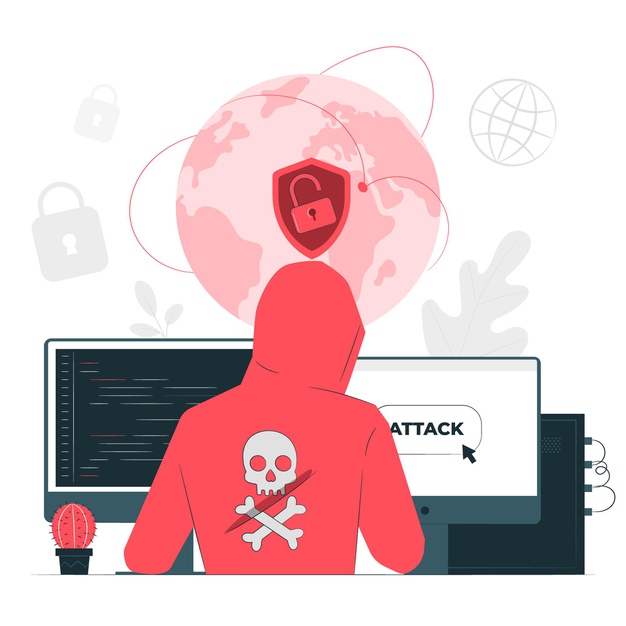Lessons in Failing to Apply Blockchain to combat C19
3AI January 6, 2021

This year 2020 has seen quite a variety of exciting developments in the blockchain space. To name just a few: the emergence of decentralized finance (DeFi) and non-fungible tokens (NFTs) as major economic forces and sources of crypto network user tractions, the maturation of layer 2 Ethereum solutions and the rollout of a variety of new blockchain releases with favorable scalability properties.
While all this technical progress has been unfolding, the world at large has been reeling from a tiny virus that has turned into one of the largest social and economic disruptions of the modern era. As the year winds to a widely welcomed close, it’s worth asking what blockchain tech has contributed to humanity’s efforts to cope with the pandemic.
The short answer is, in spite of some large gaps that blockchain is very well suited to fit and some fairly serious efforts, so far the contribution of blockchain to combating COVID-19 has been, honestly, fairly minimal. This may improve a bit in the next six months as we head into the tail end of the pandemic, but the situation is not likely to change incredibly radically.
What we can learn that might be helpful in enabling blockchain to play a more critical role in addressing the next global crisis, whatever it might be.
The pandemic was a fantastic opportunity for blockchain technologies focused on personal medical data sovereignty. China and other Asian countries fought COVID-19 while setting privacy aside and aggressively leveraging tracking and tracing. Blockchain tech provides the option for privacy-preserving track and trace, and for broader privacy-preserving gathering and aggregation of personal data for collective analysis for the common medical good.
Several blockchain-based contract tracing apps emerged, e.g., from Nodle and Blockchain Baseline Protocol. There was also MIT Safepaths that used secure distributed computations and strong encryption throughout, though not blockchain per se. Adoption was minimal. To be fair, centralized efforts at privacy-preserving contact tracing by Google and Apple haven’t fared much better.
Then there were creative efforts like the Decentralized Pandemic Reserve DAO, aimed at allocating critical resources in difficult times, my own project SingularityNET’s Intelligent Agent-Based Simulation Modeling for scientifically evaluating and proposing pandemic management policies, and ImmunoLynk’s decentralized IPFS-based network for managing immunity testing results.
While scientifically and technically quite sound, these have not so far played a key role in society’s management of the pandemic.
Advanced thinking
My own team’s experience with COVID-19 agent-based modeling, for scientifically evaluating and proposing pandemic management policies, was instructive.
While building and experimenting with advanced computer science methods for simulating COVID-19 spread and estimating the impact of various policies, we’ve been living lives under the constraint of COVID policies derived in far less sophisticated and thorough ways.
Many times we have asked ourselves: Why is our society, so technologically advanced in so many ways, unwilling to leverage the best available modeling technology to scientifically determine the best policies for saving lives and maintaining economic health?
In the next months, we may well find some forward-thinking jurisdictions interested to use our AI modeling methods to understand the best way to manage COVID-19 during the phase of initial vaccine rollout. But while this does have potential to save lives and economies, what should have happened was the application of these sorts of tools on the national and global scale right from the start.
Lest you think the issue here is some special shortcoming of blockchain technology, though, it’s worth noting the same basic situation has occurred as regards application of AI to help with COVID-19.
There have been some interesting successes – the COVID-19 Chest CT Pneumonia Scanner, an infrared scanner for body temperature, Nference’s study of COVID-19 literature and clinical data. But AI, like blockchain, has been on the margins rather than at the core of society’s COVID-19 response.
We have had some interesting successes applying neural-symbolic machine learning and reasoning technology to personalized medicine in the cancer domain – predicting which cancer medicines will work for which patients based on their genomic and clinical characteristics.
Early on in the pandemic we found some wonderfully forward-thinking physicians, Ray & Roger Ng, founders of the Care Protocol. They were interested in collaborating to use similar techniques to predict what combination of COVID-19 anti-virals should be used for which patients. Should work great – except that Food and Drug Administration approval for the clinical trial in the U.S. is still pending. It’s great that approvals for COVID-19 vaccines have been accelerated but unfortunate that the same special treatment has not been extended to AI-driven therapeutics, like the one SingularityNET has been involved with.
To those of us in the middle of the blockchain/AI space, it’s obvious the radical power these technologies could have helped with a pandemic. Compared with problems like converting the global financial ecosystem to DeFi or creating decentralized beneficial AGI, helping palliate a pandemic doesn’t even stress our available software and algorithms that extremely. But what our tools can do doesn’t matter that much if, when push comes to shove, neither the general public nor the major societal decision-makers can understand and see the value.
In the end, the failure of blockchain and AI tools to contribute in a massive and central way to combat the pandemic is attributable to the same factors that are slowing their adoption overall: making the broad value and importance of our tech clear outside our own special communities. If our experience seeking to apply our advanced tech to help with COVID-19 serves as a wake-up call in this regard, it will have been well worth the effort.
Picture from freepik.com






